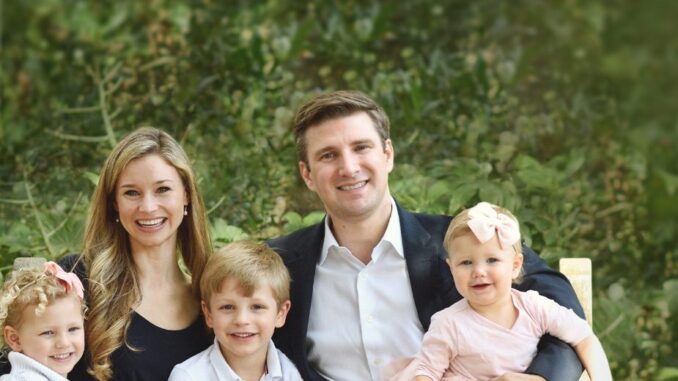
“Villainous.” “Terrorism.” “Lawlessness.” “Fraudulent.”
These are some of the choice words that Professor Gene Nichol recently deployed against five elected justices of the North Carolina Supreme Court on the pages of the Charlotte Observer.
The invective didn’t stop there.
“They’ve engaged in a ‘procedural’ blitzkrieg.”
“They aren’t judges in any traditional sense.”
“They’ve cheated, no doubt.”
When I initially read the piece, it was so over the top, so venomous, that I thought, “No serious person would take this to heart.” But then I recalled watching a video from Stanford Law School that went viral last week.
The video depicts a portion of a recent event where law students mercilessly heckled a sitting federal judge. Other students had invited the judge to come speak. The heckling prevented the judge from making his prepared remarks. An administrator eventually appeared, proceeded to take the podium, publicly castigated the judge in front of the packed classroom, and mused out loud whether anything he could possibly have to say was worth the disruption his very presence on campus apparently caused. “Is the juice,” she asked, “worth the squeeze?”
Recalling the Stanford saga as I read Professor Nichol’s piece, I couldn’t help but think that it’s a short jump from a law professor saying a justice is engaged in “lawlessness on stilts,” “procedural terrorism,” and “villainous work,” to exactly what we saw at Stanford. You reap what you sow, and the harvest on display at university campuses right now is pretty rotten. To make matters worse, in our hyper-partisan environment, Nichol’s language is another step of proliferation in the vilification arms race that’s dominating our political moment. Rattling the foundations of institutional legitimacy may generate the desired outrage and resulting clicks, but it’s not productive public discourse. Both sides do it and nobody wins. Lawyers—and especially the ones we pay to train the next generation—should be modeling the way on meaningful, reasonable debate.
In that vein, let us reason together. Consider the following points.
First, the five Republican justices on the N.C. Supreme Court are, in fact, “judges in any traditional sense.” They’re actually judges in every traditional sense. They have a broad array of legal experience in private practice, government practice, and, yes, academia, and they were each duly elected in statewide elections as prescribed by our state constitution. It was the very “democracy” Professor Nichol believes is in dire straits that put them on the bench.
Second, although Professor Nichol claims the Court’s recent decision to rehear the redistricting and voter ID cases amounts to throwing “the rule book out the door,” the Court’s action is actually right out of the rule book itself. Our Rules of Appellate Procedure set a time limit in every case for litigants to seek rehearing of a Supreme Court’s decision, including when the litigant contends the court’s original decision “misapprehended” points of law. That’s what happened here. You might also contrast this with what happened last year. The Democrat-majority Court (with two justices facing election in November) ordered both the redistricting and voter ID cases to skip the normal Court of Appeals process so the Supreme Court would decide the cases during 2022. I could not find anything from Professor Nichol decrying those decisions as “cheating.”
A third and final point, and a personal one. I had Gene Nichol as a professor when I was a law student myself several years ago. He was knowledgeable, funny, and a good teacher of difficult concepts. He was rarely dismissive of conservative jurists in class, and usually quite the opposite—he could articulate their views in a compelling way. And however much he and I disagree on the recipe for societal flourishing (read: a lot), I’ve always found him to be a compassionate person motivated by an earnest desire to achieve justice in the world.
That’s why it is truly with all due respect that I must say that Professor Nichol’s latest is, quite simply, not the way. Here’s Teddy Roosevelt on point: “In a republic, to be successful, we must learn to combine intensity of conviction with a broad tolerance of difference of conviction.” We may not always get that combination right. But as citizens, and especially as lawyers, we can start with a good-faith attempt at living out what one of our nation’s greatest lawyers prescribed. Firmness in the right as God gives us to see the right, yes. But also: malice toward none, and charity for all.
John Harris is a practicing North Carolina attorney and graduate of the UNC School of Law.

